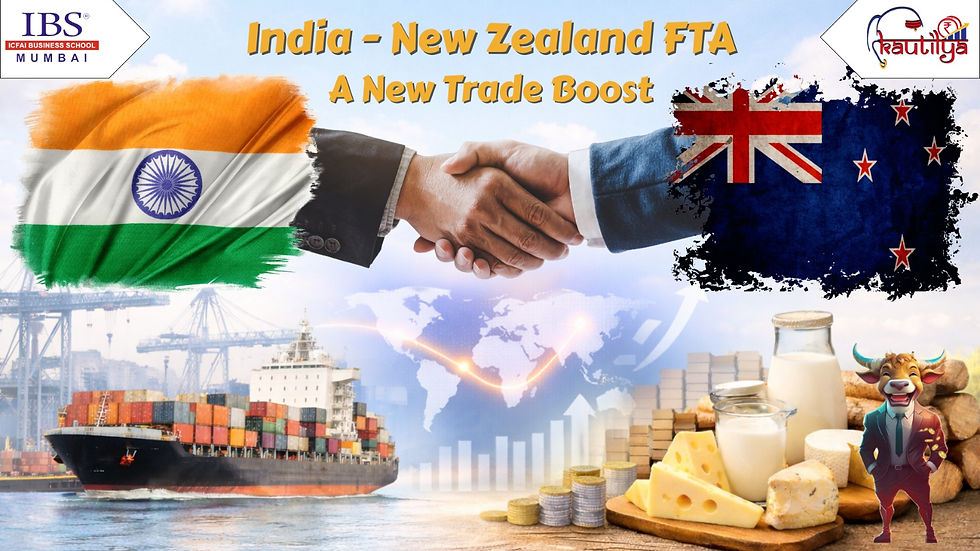From BRICS to BRICS+: New Members, New Mission, New World
- Abdul Wahhab Khan

- Aug 10, 2025
- 3 min read
Updated: Aug 13, 2025
SYNOPSIS
BRICS expanding with new members and bold goals to BRICS+ and challenging dollar dominance and reshaping world order by pushing global reforms. Discover how this powerful bloc is redefining the future of global governance.

World’s growing economies like Brazil, Russia, India and China formed an alliance in 2009 known as BRIC. Their motive was to increase the international position of emerging economies and counter the dominance of Western-oriented institutions like the IMF (International Monetary Fund) and World Bank. Later in 2010, known as BRICS when South Africa joined in the group and the bloc’s ambitions expanded further.
Since its origin, BRICS has separated itself from Western-dominated institutions like the G7. The emphasis of BRICS was on sustainable development, co-operative growth and greater voice for emerging economies. The establishment of the New Development Bank (NDB) in 2015 was a turning point with the initial capital base of USD $ 100 billion. NDB funds development and infrastructure projects in member countries providing an option for traditional Western development models.
Over time, BRICS turned the vision into performance. In 2024, the group gained 4% GDP growth, which was more than the world’s average of 3.3%. The purchasing power parity (PPP) accounted for approximately 35% – 36% of world’s GDP which represented more than 45% of world’s population.
Early in 2024, BRICS was transformed into BRICS+, welcoming nations like Egypt, Ethiopia, Iran, and UAE. In January 2025, Indonesia formally joined as the 10th member, spreading the bloc's influence across Southeast Asia. This momentum laid the foundation for change from BRIC to BRICS+.
Why the Expansion?
The BRICS extension to BRICS+ indicates a change in international strategy in four critical domains –
Economic Independence & De-Dollarisation – Members are facilitating local currency trade and currency swap lines to reduce the reliance on the U.S. dollar ($ USD).
Institutional Reform Drive – BRICS+ countries are calling for reforms in international institutions like the IMF and UN to accommodate the new geopolitical order.
Collective Collaboration – BRICS+ nations are expanding co-operation in fields like education, cyber policy, global warming and collaborative research efforts which are broader development beyond finance.
Multipolar World Order – BRICS+ is emerging as an alternative partner to U.S. dominated global governance. Member countries, while differing in political systems, share a vision of reform and independence.
BRICS+ Member Advantage –
Each member benefits differently from this wider platform:
Indonesia brings economic dynamism and deepens Southeast Asian integration into BRICS.
Egypt, Ethiopia, Iran and the UAE help diversify the bloc’s energy and commodity reach and also spreading the bloc's influence across Africa and Middle East.
All members gain alternative development financing, more bargaining power and increased geopolitical leverage.
For others, it's also acts as a means to bypass sanctions or dollar-connected dependencies. South Africa, for instance, aims to navigate Western constraints with greater flexibility, while India promotes regional trade using the rupee.
A Counterweight to U.S. Influence?
BRICS+ now holds about 30% of the world's oil output and 45% of the world's farm production. Its combined influence is being felt as diplomatic weight, particularly on the issues of climate funding and institutional reform. By encouraging local-currency trade and developing independent financial systems, the bloc is creating the basis for a multipolar currency order and slowly diminishing the U.S. hold on global finance.
Conclusion
BRICS+ is more than an expanded acronym. It’s widening is not merely symbolic, but it indicates a reality in global power inspired by emerging economies that demand a seat on the table.
The direction is clear: BRICS+ is placing itself as a serious alternative to Western-led approaches, one founded on economic autonomy, local inclusivity and a vision of multipolar world order.
.png)



Comments